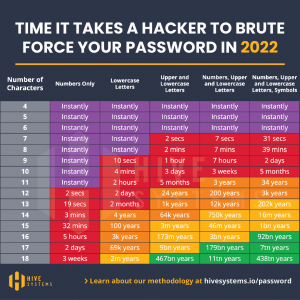Awareness is key to change, but you also need action. In fact, you need focused, decisive and immediate action to see change and to get yourself back on the road to financial independence.
There are a lot of decisions to make when forging your way to financial independence, there are also countless paths to each destination and countless solutions to each problem. Most folks are also juggling more than one financial goal: retirement, emergency funds, college education for children. How do you prioritize? How do you find the right solution for retirement or long-term care? All the decisions can be overwhelming, which causes many to check out of their own financial situation. While taking a step back when one feels overwhelmed is a natural response, refraining from taking action can ultimately do more harm than good.
Definitive action can both propel you towards financial independence and protect the traction you’ve already made. The sooner you start investing in your financial future, the more your funds can grow due to compound interest. The longer you wait to address any financial problems, the more these minor issues can snowball into larger issues, which can often be the case with debt. Also, if you haven’t taken decisive action to establish an emergency fund or invest in the proper form of insurance, an unexpected event can derail you further from your route to financial independence.
Our Advisors at Trilogy try to help you take the guesswork out of making a decision. Some of the worst indecision is born from not knowing the results of choosing Option A over Option B. However, our Advisors /Life Planners can run various scenarios for you, showing the consequences of different courses of action – helping you see which decision may be the right one for you. More importantly, they are here to support you through difficult situations, so the rest of your road to financial independence will be smooth sailing.


